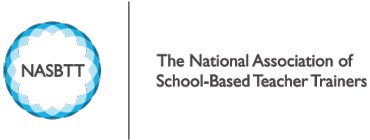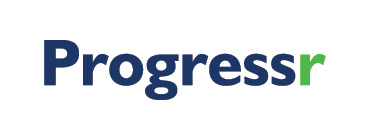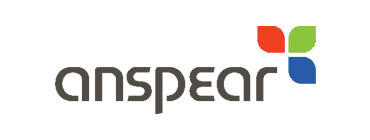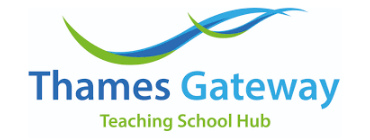Time for Tea: Empowering school-based mentors with an accessible, varied and flexible curriculum

The catalyst for change
The Department for Education’s initial introduction of a mandatory 20 hours of mentor training served as a necessary catalyst for the sector. We viewed this as a crucial opportunity to elevate the profile and importance of mentoring, a vital role that was often overlooked within the busy life of a school.
In response, we designed a comprehensive mentor curriculum tailored to the needs of our cohort. We were mindful of balancing the need for compliance with the practical challenges schools faced in releasing mentors for training.
The subsequent withdrawal of the 20-hour requirement in November 2024, while initially challenging, ultimately provided us with the flexibility to radically rethink our approach. This development became the springboard for a new and innovative model – a high-quality mentor curriculum that is now more engaging, relevant, evidence-based, and, crucially, flexible and accessible for our busy school-based mentors.
Innovation in delivery: Introducing ‘Tea Break Training’
Our new curriculum is structured around core content complemented by an optional menu of sessions. We also continue our commitment to funding access to the excellent NASBTT Mentor Development Modules.
The most significant innovation in our delivery model is the introduction of Tea Break Training. This content is specifically designed to be consumed in the short time it takes to have a cup of tea. Alongside a brief, accessible video, we provide more in-depth materials such as comprehensive slides, links to key documents and the evidence base underpinning our discussions. Mentors can then engage with these resources at their own pace, depending on their experience and assessed development needs. Participation with the session and materials is captured through the use of simple Google Forms. This allows us to accurately track eligibility for the DfE general mentor training grant.
Initial feedback has been overwhelmingly positive, with one mentor commenting: “These tea break training sessions are great! Especially within a busy school. Amazing”. We are committed to exploring and expanding this efficient delivery method moving forward and have high hopes that it will have a significant impact on engagement.
A bespoke optional offer
In conjunction with our new delivery approach, we are developing a comprehensive optional offer that recognises the wide-ranging spectrum of experience our mentors bring, as well as the diverse nature of our trainee cohort. Our ITT curriculum already has established specific training pathways (e.g. for career changers) that have proven to be successful.
This tailored approach is mirrored in our optional menu, including targeted sessions such as:
- Supporting a trainee with SEND/neurodiverse characteristics (both diagnosed and undiagnosed)
- Understanding the needs of a Gen Z trainee
- PedTech strategies
- Subject networking opportunities led by our experienced Faculty Leads
- Now Teach – support for mentors of career changers
Mentorship as a cornerstone
At KMT, we firmly believe that effective mentorship is the cornerstone of successful teacher training. We are insatiable in our drive to raise the profile of mentoring through our commitment to providing exceptional support and development opportunities.
By further evolving our high-quality mentor curriculum and recognising the pivotal role mentors play in shaping the next generation of outstanding educators, we believe the positive impact on our trainees’ journeys to QTS will be immeasurable.
Abby Harvey and Emily Allison, KMT Course Programme Leads and KMT Secondary Mentor Leadership team.
First published on The National Association of School-Based Teacher Trainers, Member Voice.
















